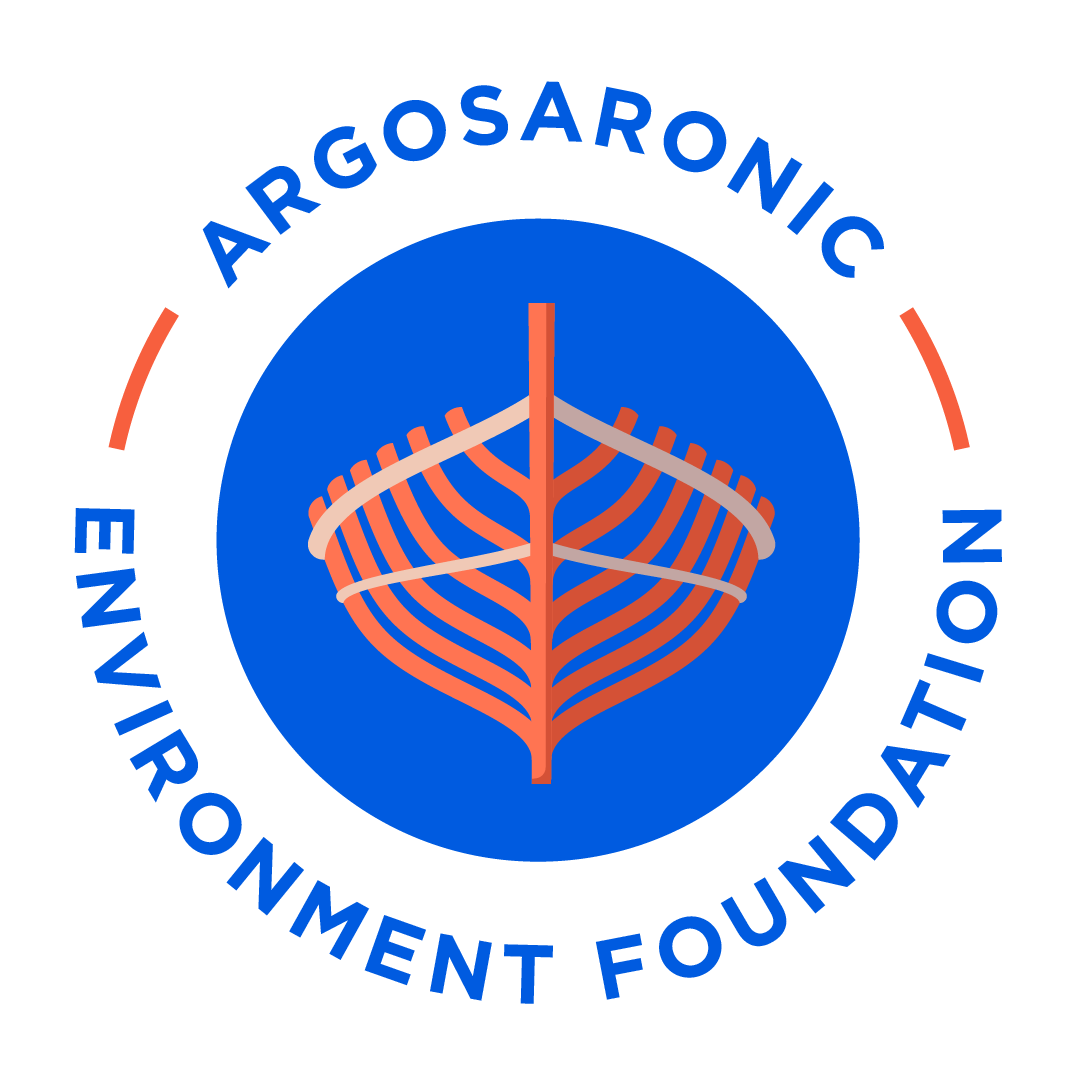Allying to Protect the Greek Islands Seagrass
The Challenge
Seagrass plays a vital role in the marine environment, yet limited knowledge of its importance and insufficient protective measures leave coastal and island communities, as well as authorities ill equipped to safeguard this foundational part of coastal ecosystems.
Many of the seagrass meadows in the Greek seas have suffered major direct damage from unregulated anchoring due to heavy boat traffic, and from climate change-related temperature increases, which disrupt the plants’ reproductive cycle.
Furthermore, Posidonia banquettes on beaches, often perceived as unsightly, are frequently removed through destructive methods, even though they protect and nurture coastal ecosystems, and often wash away naturally. Most people throughout the country have little awareness of Posidonia’s importance.
The Solution
The Greek Islands Seagrass Alliance, a collaborative platform of organisations and scientists, aims to change this through extensive public outreach and policy work, including:
- Partnerships with schools and training for educators and marine users across the country.
- Traditional and social media placements reaching millions of residents and visitors, including through a dedicated website and digital campaign.
- Engaging stakeholders, with a focus on local communities, boating and fishing professionals, tourism providers, and others to protect and promote seagrass ecosystems.
With Seacology’s support, AEF is proud to collaborate within the CPF program alongside leading research, conservation, and advocacy partners in Greece, including the Hellenic Centre for Marine Research (HCMR), the Hellenic Society for the Protection of Nature (HSPN), the Ionian Environment Foundation (IEF), and Aenaos Thalassa. Through this collaboration, we contribute our regional expertise and community-based approach to marine conservation.
As part of this effort, the Greek Islands Seagrass Alliance is building strategic partnerships and advocacy pathways that bring together science, policy, and local engagement. Our shared goal is to strengthen collective support for the preservation of Seagrass and to promote its sustainable management at the local, national, and international levels.
The Greek Islands Seagrass Alliance will soon have its own webpage, stay tuned!
Seagrass Importance
Greece has the longest coastline in the Mediterranean Basin, and the 11th longest in the world at 8,498 miles. It is home to many islands, 227 of which are inhabited. Greek seas are home to extensive seagrass meadows, primerily formed by Posidonia oceanica, a species endemic to the Mediterranean.
Seagrass is a true flowering plant, complete with stems, leaves, flowers, and seeds. It grows in shallow coastal waters and plays a vital ecological role by offering numerous critical services, including:
- Carbon sequestration: the meadows help mitigate climate change by capturing and storing carbon dioxide in its biomass and in sediment on the seafloor. Healthy seagrass meadows reportedly sequester more CO2 per area than terrestrial forests.
- Habitat for marine life: they provide shelter for small fish, crustaceans, and other animals, making these habitats important for fisheries and ecotourism. Posidonia is a foundational species in the Greek seas, which is home to loggerhead sea turtles and the Mediterranean monk seal (one of the most endangered marine mammals in the world).
- Improved water quality: seagrass filters many particles and pollutants out of seawater, supporting public health.
- Protecting coastlines: the roots of seagrass plants help stabilise the seafloor and fight erosion in the face of increasingly severe weather events. Posidonia banquettes (piles of withered seagrass leaves and shoots that form on beaches) also help protect coastal communities by dissipating waves.

